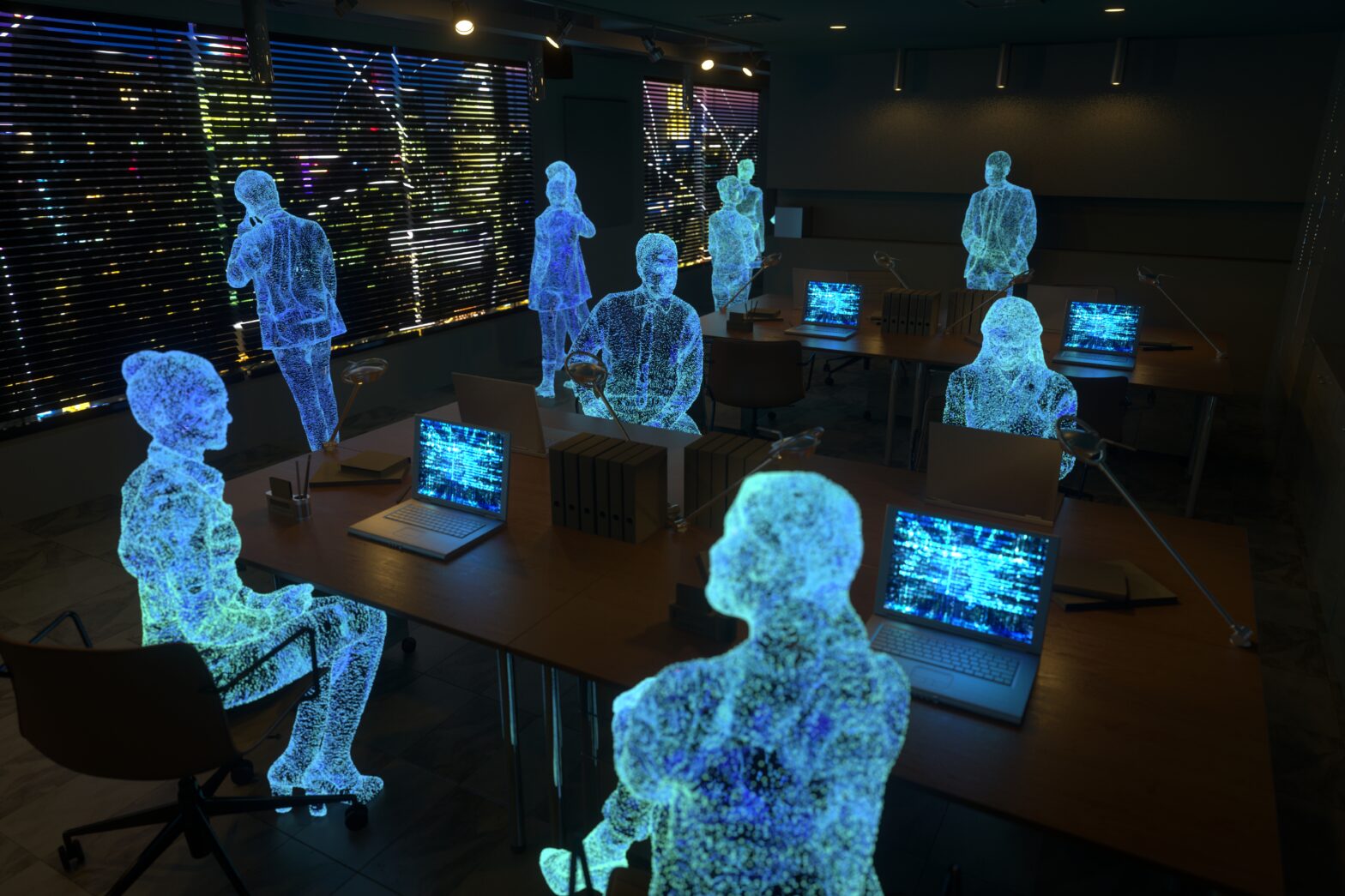
The metaverse is a term that describes a virtual reality environment where people can interact with each other and digital content in immersive and realistic ways. The concept of the metaverse has been popularized by science fiction novels, movies, and games, such as Ready Player One, The Matrix, and Fortnite. However, the metaverse is not just a fantasy. It is becoming a reality, thanks to the advances in technology, such as 5G, cloud computing, artificial intelligence, and augmented and virtual reality.
The metaverse is not a single platform or application, but rather a network of interconnected virtual worlds that offer different experiences and opportunities for users. Some examples of existing metaverse platforms include Facebook Horizon, Roblox, Decentraland, and Sandbox. These platforms allow users to create, explore, socialize, and even earn money in the virtual space.
The metaverse is not only a source of entertainment and fun, but also a powerful tool for business innovation and growth. According to a report by PwC, the global market for virtual reality and augmented reality products and services could reach $1.5 trillion by 2030, with the metaverse accounting for $450 billion of that value. The metaverse can provide value to businesses and customers in various ways, such as:
– Enhancing customer experience and engagement: The metaverse can offer customers more immersive and personalized experiences that can increase their satisfaction and loyalty. For example, Nike has created a virtual store in Roblox where customers can try on and buy digital sneakers. Similarly, Gucci has launched a digital fashion show in Sandbox where customers can view and purchase exclusive items.
– Improving collaboration and productivity: The metaverse can enable remote workers to collaborate more effectively and efficiently in virtual environments that simulate real-life scenarios. For example, Spatial is a platform that allows users to create holographic avatars and interact with 3D models and data in a shared virtual space. Similarly, Microsoft Mesh is a platform that enables users to collaborate across devices and platforms in mixed reality.
– Creating new business models and revenue streams: The metaverse can open up new opportunities for businesses to monetize their products and services in the virtual space. For example, Epic Games has generated billions of dollars from selling digital items and hosting live events in Fortnite. Similarly, Axie Infinity is a game that allows players to earn cryptocurrency by breeding and battling digital pets.
The impact of the metaverse on business and society is immense and unprecedented. The metaverse can create new markets, industries, and jobs, as well as transform existing ones. However, the metaverse also poses some challenges and risks, such as privacy, security, regulation, ethics, and inclusion. Therefore, businesses need to be aware of the opportunities and threats of the metaverse, and prepare themselves for the future.









